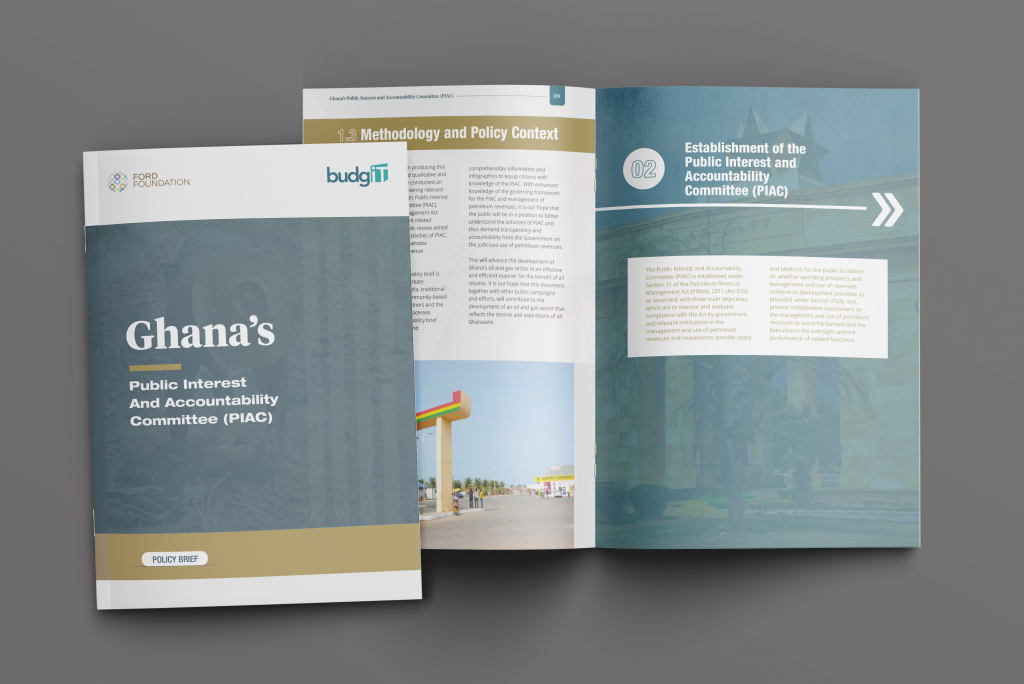On the other hand, there were also valid reasons for concern for others, as the corrosive impact of oil wealth on the democratic development of neighbouring oil-rich African states was sufficient to cause concern. Currently, there are four petroleum basins in Ghana namely the Tano-Cape Three Points Basin, Saltpond Basin (Central Basin), Accra-Keta Basin (Eastern Basin) and the Voltaian Basin (Inland Basin). This is after the consortium of companies comprising Tullow Ghana Limited, Kosmos Energy Ghana, Anadarko Petroleum Corporation, Sabre Oil and Gas Holdings Limited, and the E.O. Group in conjunction with the Ghana National Petroleum Corporation (GNPC), discovered oil and gas resources in the offshore Tano-Cape Three Points Basin in 2007 (PIAC, 2021).
Ghana’s Public Interest and Accountability Committee (PIAC)
Ghana’s continued production of oil and gas after its commercial-scale discovery is a key driver of the country’s economic growth (PIAC,2021). When substantial quantities of oil and gas were discovered off Ghana’s west coast in 2007, the majority of Ghanaians reacted with a mix of hope and trepidation. There were valid reasons for optimism for some, as the discovery of oil and gas will free up significant financial resources needed to address the country’s massive infrastructure deficit and thwart efforts to improve the quality of life for Ghanaians.
